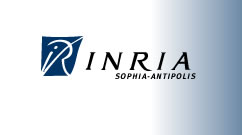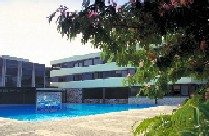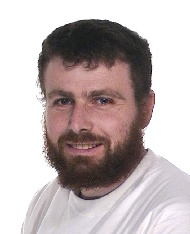





The following topics are considered.
Ron Rivest in his 2002 Turing Award Lecture observed that
for a discipline to thrive four aspects matter:
Research is a difficult enterprise. The problems are hard and require creativity and persistence. Their solution benefits from a critical mass of investigators of diverse backgrounds. Those researchers depend on an infrastructure of financial support, periodic public gatherings, archival document and software media, and industrial production. I will attempt to assess the impact of Manuel's involvement in ISSAC, JSC, SIGSAM, Axiom/Aldor and elsewhere. Finally, I will make some personal observation about the research community in symbolic computation and possible future goals.
Manuel Bronstein's ISSAC'94 paper on factoring differential operators provides a good method for factoring difference operators as well. To implement this method, one needs an algorithm to find hypergeometric solutions of linear recurrence systems. The cyclic vector approach introduces significant expression swell. Thus, to factor difference operators efficiently, one needs a direct method for finding hypergeometric solutions of systems. Manuel had ideas on how to do this efficiently and we had planned a joint paper on this issue. In the talk I will present these ideas.
Abstract forthcoming.
In his thesis Manuel Bronstein improved the algorithms for symbolic (or closed form) integration. Such an first order linear differential equation is often solved by finding simpler solutions of higher order linear differential equations. Therefore, shortly after his thesis, Manuel Bronstein devoted a substantial part of his research to closed form solution of linear differential equations and published one third of his papers on this subject. Manuel Bronstein's most contributions in this area concerned symmetric or alternating products and their rational or exponential solutions. His main objective was always to obtain practical algorithms, who would solve the problem in reasonable time, even by resorting to heuristics. Guided by his strong computer science background, he tackled the basic algorithms by reducing field extensions and showed how to avoid unnecessary or costly steps like factorisation. He was open to any new ideas that would speed up the algorithms and was able to integrate them very quickly. Manuel always tested his algorithms by a solid implementation which he would make publicly available, providing researchers in the field with precious tools. This central position made him always aware of new progress in the field and he played a significant role in the spread and publication of new ideas as a member of the editorial board of the journal of symbolic computation.
Computer algebra software has evolved considerably since the 1980s, but only a very few individuals have embraced the new technologies and used them effectively to extend the reach of their research. Manuel Bronstein was a leader in this group. He was an early adopter of the categorical formulation of algorithms to structure software libraries and the use of mathematical network services. Not only did he see how these software directions could be used, but by fully integrating them into his own work he significantly influenced their evolution. This talk presents some of the software innovations that Manuel Bronstein drove.